عاجل
وزير الخارجية المصري: نقدم تسهيلات للاجئين السودانيين لحين عودتهم لبلادهم
 عاجل| اعتقال رئيس كوريا الجنوبية
عاجل| اعتقال رئيس كوريا الجنوبية
 عاجل| إسرائيل تنسق مع مصر الانسحاب من محور فيلادلفيا
عاجل| إسرائيل تنسق مع مصر الانسحاب من محور فيلادلفيا
 عاجل| ماذا قال السيسي لـ بايدن في آخر اتصال بينهما قبل ترك رئاسة أمريكا؟
عاجل| ماذا قال السيسي لـ بايدن في آخر اتصال بينهما قبل ترك رئاسة أمريكا؟
 إطلاق اسم مجدي يعقوب على صالة كبار الزوار بمطار أسوان
إطلاق اسم مجدي يعقوب على صالة كبار الزوار بمطار أسوان
 عاجل| آخر تصريحات من بايدن عن إيران وروسيا وغزة وسوريا قبل مغادرة الرئاسة
عاجل| آخر تصريحات من بايدن عن إيران وروسيا وغزة وسوريا قبل مغادرة الرئاسة
 الإفراج عن 30 طفل وسيدة مقابل كل رهينة.. تفاصيل اتفاق وقف الحرب في غزة
الإفراج عن 30 طفل وسيدة مقابل كل رهينة.. تفاصيل اتفاق وقف الحرب في غزة
 مصر تصدر أول شحنتين لإطارات الكاوتش إلى العراق والمغرب
مصر تصدر أول شحنتين لإطارات الكاوتش إلى العراق والمغرب

 عاجل| اعتقال رئيس كوريا الجنوبية
عاجل| اعتقال رئيس كوريا الجنوبية
 عاجل| إسرائيل تنسق مع مصر الانسحاب من محور فيلادلفيا
عاجل| إسرائيل تنسق مع مصر الانسحاب من محور فيلادلفيا
 عاجل| ماذا قال السيسي لـ بايدن في آخر اتصال بينهما قبل ترك رئاسة أمريكا؟
عاجل| ماذا قال السيسي لـ بايدن في آخر اتصال بينهما قبل ترك رئاسة أمريكا؟
 إطلاق اسم مجدي يعقوب على صالة كبار الزوار بمطار أسوان
إطلاق اسم مجدي يعقوب على صالة كبار الزوار بمطار أسوان
 عاجل| آخر تصريحات من بايدن عن إيران وروسيا وغزة وسوريا قبل مغادرة الرئاسة
عاجل| آخر تصريحات من بايدن عن إيران وروسيا وغزة وسوريا قبل مغادرة الرئاسة
 الإفراج عن 30 طفل وسيدة مقابل كل رهينة.. تفاصيل اتفاق وقف الحرب في غزة
الإفراج عن 30 طفل وسيدة مقابل كل رهينة.. تفاصيل اتفاق وقف الحرب في غزة
 مصر تصدر أول شحنتين لإطارات الكاوتش إلى العراق والمغرب
مصر تصدر أول شحنتين لإطارات الكاوتش إلى العراق والمغرب



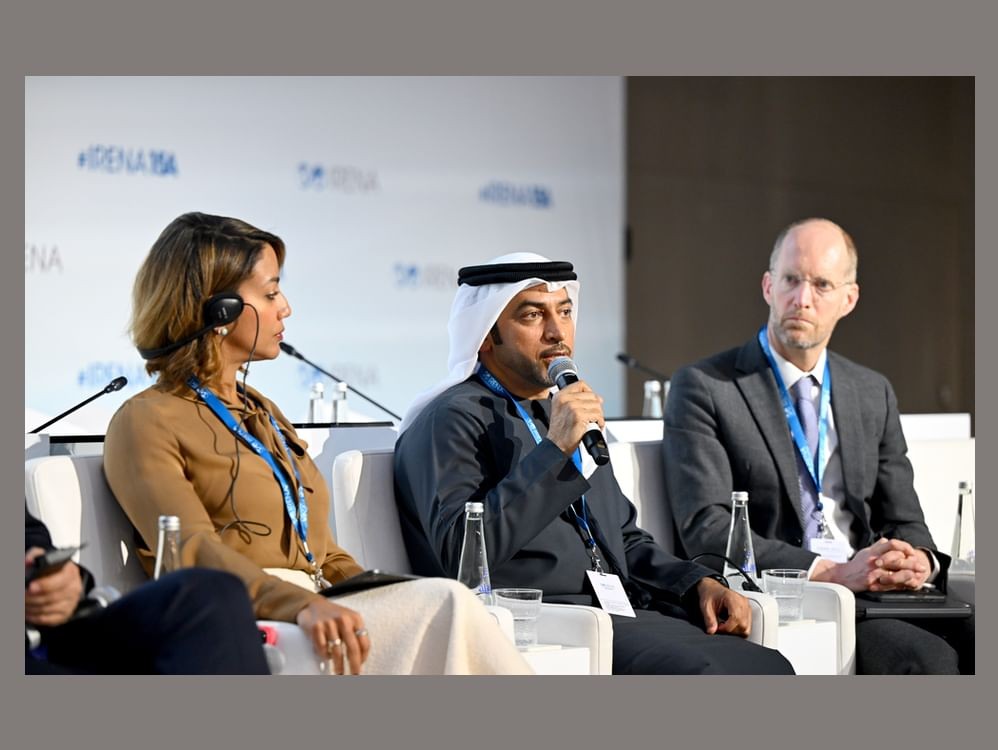



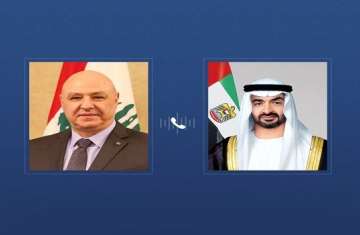
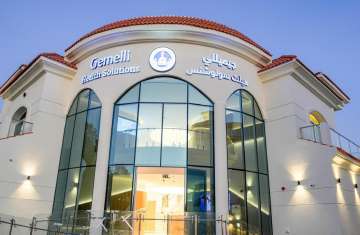
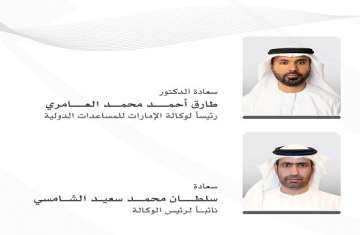
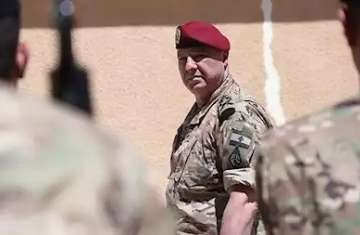
التعليقات